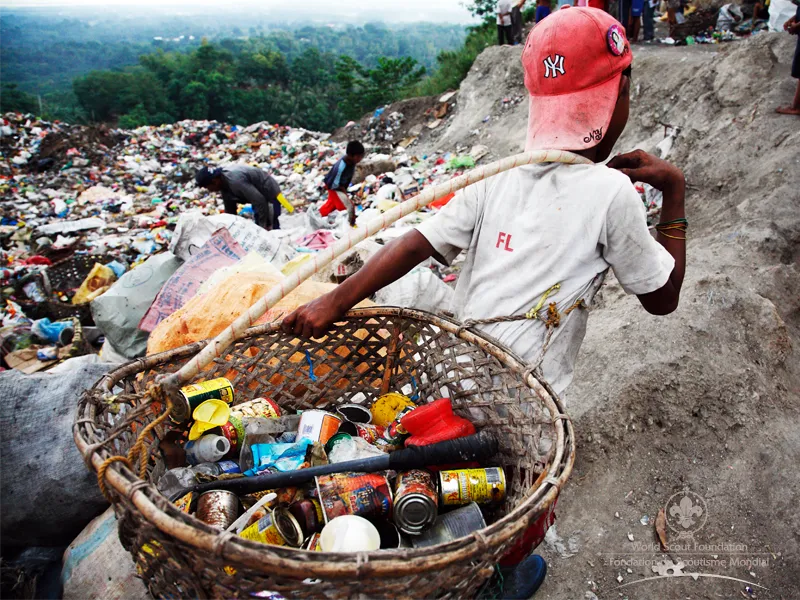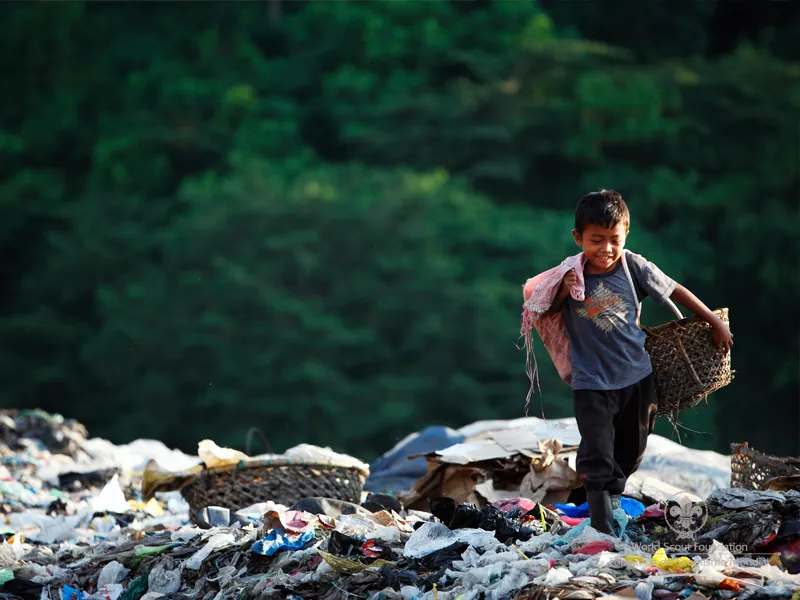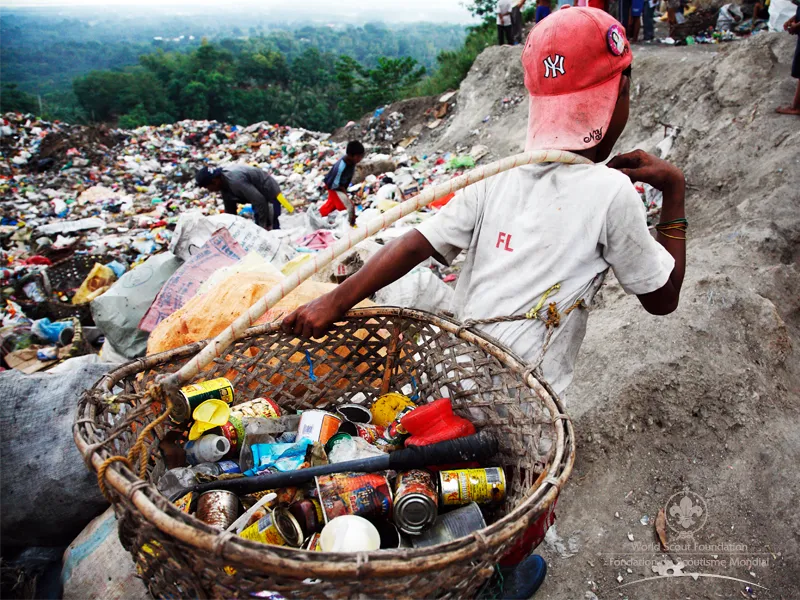Ticket to Life

The “Ticket to Life” project (TTL) is a Kenya Scout Association initiative which began more than ten years ago. It is based on a Peer to Peer method using Scouts to interact with homeless children and reintegrate them into society. It does this by welcoming them, if they choose, into Scouting through mentoring, personal development, team spirit, challenge, education, self- exploration and discovery of self-worth and esteem. The programme began in Nairobi but quickly spread to 20 other cities and towns in Kenya. Subsequently TTL has crossed international boundaries and reached eight other countries, including The Philippines, Sri Lanka, Bangladesh, Mongolia, Pakistan and…
Nearly 3,000 street kids currently take part in this programme, and they estimate that throughout its existence, 12,000 young people have benefited. The programme was inspired by creative leaders who rallied support from government agencies, businessmen and women, religious groups and a network of volunteers.
TTL works through the dedication, compassion and commitment of specially trained Scouts who venture out onto the streets, rubbish dumps and car parks which are often home to young boys and girls who may live with their families or they may just scratch an existence as outcasts or orphans. The whole process is underpinned by trust which the Scouts must win by venturing abroad, often in dangerous locations beyond the purview of the police. Living on the street is not a “Nine to five” occupation with sacrosanct weekends but rather it is a “Hand to Mouth”, continuous and opportunistic existence. And so, even to be prepared to accept a Scouting intrusion, may impose additional hardships like forgoing income. Parents who rely on their children to scavenge or sell trinkets must be prepared to release them and all of those affected must want to come.
The Scouts who set about to win trust and confidence in such dire circumstances are special, yet understated, inspirational heroes. Their effort is not a “One off” punitive mission but it is a constant battle of cajoling and persuasion until habits change. Not everyone living in disadvantaged communities wants to participate, and some fall by the wayside. However, those who do, become keen and enthusiastic and volunteer to take the “Promise”.
Initial gatherings focus on cleanliness, health and hygiene and the transformation is immediate. Street kids gather in troops and as everywhere in Scouting the stronger emerge as Leaders and assist in running gatherings. Tacit understanding that they are inclusive and can contribute to society is a concept they easily understand. It is a proud day, for both families and recipients, when the “Neckerchief” and “Woggle” is presented. Although, when together, Street Scouts are indistinguishable from other Scouts the fact remains that at the end of an activity those without homes hand in their neckerchief for safe keeping! Even so, that timeless adage “Once a Scout always a Scout” remains just as true on the streets as elsewhere. Pride, bearing, purpose and self-esteem becomes a badge of honour, a noticeable aura of those former urchins, when the neckerchief is removed.
Scouting is only one part of the transformation programme. But it is the Scouts who organize additional food and provide mentors, safe-houses and support. Take for example Amado, he is eight years old and his home is car park behind a take away restaurant. He lives with a group of other boys and he sleeps under an incandescent street lamp. His is a world beyond reality and he looks at the hubbub of everyday life as something unobtainable. Amado is thin and he looks perpetually tired and bewildered. His next meal is maybe a minute or a day away and most likely it has been discarded by one of the customers. Car park life needs no story to portray a difficult existence but sometimes dire incidents unfold which turn “Difficult” into “Intolerable”, for example, the night when a rival gang arrived and savaged Amado. He was roughed up, punched, kicked, stabbed and left. When Amado picked himself out of the gutter he was bruised sore and bleeding and, if this was bad enough, it got worse because Amado had nowhere to go: no shelter, no loving arm and no shoulder to cry on and a cruel life became crueller!
Yet thanks to TTL and Scouts Amado is someone who has been found. He still lives on the street but he has a “Scout mother” and a safe house to visit, and scout meetings to attend, and some good meals to eat and Amado goes to school. Where once Amado looked into an unobtainable world he now feels included and not excluded. But best of all Amado has a new found sense of purpose, pride in himself, reliable friends and hope.
The Scouts also interface with Education departments to ensure that Street Children go to school. It is Scouts who stay behind and help to rehabilitate young boys and girls who have never sat in a classroom or who have learning difficulties. And it is Scouts who arrange business, religious or other community group involvement. Together these action groups, who do not, primarily, attempt to drive street children away from their environment offer incentive, education, encouragement and hope which will enable street children to reach their full potential and the tools to build a better life making dreams come true. And dreams, like Amado’s can come true!


